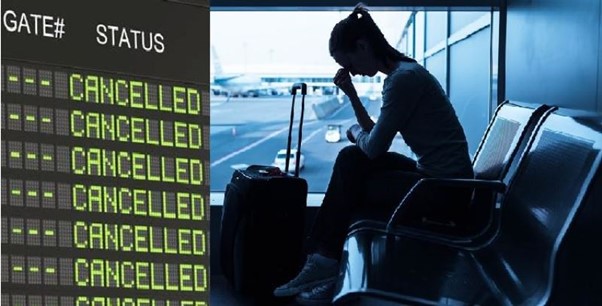
According to analysts and even some airline officials, the persistent stream of operational interruptions affecting airlines in the United States and Europe as they fight their way out of the pandemic will certainly last into the summer.
The bad news for travellers who are already paying for high tickets is that the simplest option for airlines to solve the situation is to reduce schedules even further.
For nearly a year, high rates of cancellations and delays have dominated headlines in the United States. And as Europe began to recover from the Covid-19 outbreak this spring, the problem has expanded to major European cities such as London, Amsterdam, and Frankfurt.
According to data presented by IATA’s regional vice president for Europe, Rafael Schvartzman, during the trade group’s annual general meeting in Qatar last week, 69 per cent of planes arriving in Europe this year suffered at least one delay as of June 14. Furthermore, even though air traffic is just 75 per cent restored, the average delay in Europe has already approached the 2019 norm.
The terrible news continues with cancellations. During typical periods, the cancellation rate for European commercial flights is around 3.5 per cent, according to Schvartzman. However, cancellations are currently considerably above 5%, and they increased noticeably in late May and June.
According to FlightAware, the cancellation rate for flights into, within, or out of the United States was 3 per cent this year through June 20, up from 2 per cent in the calendar year 2019. The delayed arrival rate, defined by the DOT as flights that are at least 15 minutes late, was 20%, up from 16% in 2019.
At the third weekend of June, just as airline CEOs from across the world met in Doha, operational snafus earned plenty of unwanted press on both sides of the Atlantic.
That weekend in Europe, a baggage-system failure at London Heathrow produced photos of piles of luggage in limbo, which were popular fodder for TV news broadcasts and newspapers.
Meanwhile, in the United States, Transportation Secretary Pete Buttigieg met with airline executives on June 16 to resolve issues, then apparently had his own flight cancelled the next day.
Between the 17th and 19th of June, US airlines cancelled over 3,000 flights, with Delta, formerly an industry mainstay for dependability, registering an 8% cancellation rate.
Buttigieg told the Associated Press the day after his flight was cancelled that if significant difficulties occur during the July 4th weekend, the DOT may consider initiating enforcement action against airlines that fail to satisfy necessary customer service standards.
Airlines are also dissatisfied.
“It’s just terrible customer service,” United chief commercial officer Andrew Nocella said during an interview at the IATA convention.
However, he also stated that the issue is mostly beyond United’s control. Staffing shortages in air traffic control, particularly in Florida, have resulted in weather occurrences having a greater impact on the US aviation system than usual.
“I think we did the best job we could to align our capacity to fly with the schedule we put out there,” Nocella said. “We never want to be forced to cancel a flight. It’s just as terrible for us as consumers.”
IATA officials in Doha frequently minimised the magnitude of the operational breakdowns.
“Yes, there are airports that have issues, and yes, there are airlines that have challenges,” said Willie Walsh, director-general of the trade association. “And there are isolated situations, but it’s not every day.”
Walsh said he had travelled 57 times this year with only one delay, which occurred at Paris Charles de Gaulle Airport owing to a passport-control difficulty.
To the extent that there are unusually high levels of disruption, IATA officials blame airports for failing to fully staff up, as well as governments, which clamped down on air travel during the omicron spike, interfering with carriers’ efforts to prepare for the re-emergence of traffic. Slow security vetting processes in some countries are also impeding airlines’ efforts to return to full workforce levels, according to IATA officials.
Schvartzman urged airports to notify airlines two weeks in advance if they anticipate personnel shortages so that carriers can adjust schedules as needed.
“We accept that there will be cutbacks if we do this collaboration,” he said. “We recognise that we are probably too late to overcome this for the summer.”
Others argue that all sections of the airline business must bear responsibility for operational flaws.
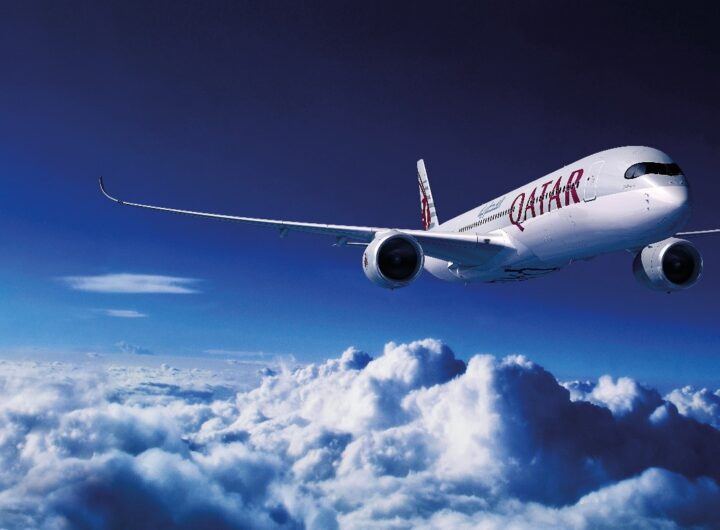 Qatar Airways Resumes Flights To Malta: Enhancing International Connectivity
Qatar Airways Resumes Flights To Malta: Enhancing International Connectivity  Turkish Airlines Crowned Best Airline in Europe for the Tenth Time
Turkish Airlines Crowned Best Airline in Europe for the Tenth Time 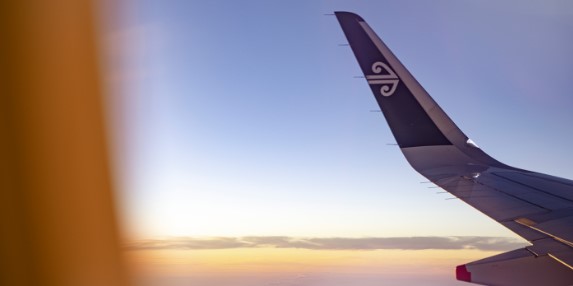 Taking on the Tasman: Air New Zealand Unleashes 1.7 Million Seats for Summer
Taking on the Tasman: Air New Zealand Unleashes 1.7 Million Seats for Summer 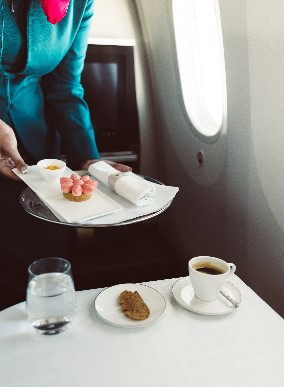 Oman Air Elevates In-Flight Dining with Exquisite Omani Rock Rose Dessert
Oman Air Elevates In-Flight Dining with Exquisite Omani Rock Rose Dessert  Cathay Pacific Elevates Inflight Dining with ‘Chinese Classics’ Menu
Cathay Pacific Elevates Inflight Dining with ‘Chinese Classics’ Menu  Hong Kong Airlines Set to Land in Sydney—And Travellers Reap the Rewards
Hong Kong Airlines Set to Land in Sydney—And Travellers Reap the Rewards  Viking Cruises Unveils 14 New Ocean Itineraries for 2026 & 2027
Viking Cruises Unveils 14 New Ocean Itineraries for 2026 & 2027 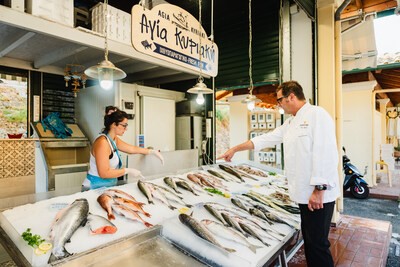 Seabourn Elevates Onboard Dining with New Menus and Local Flavours
Seabourn Elevates Onboard Dining with New Menus and Local Flavours  Oceania Cruises Marks a New Era with the Construction of the First Sonata Class Ship
Oceania Cruises Marks a New Era with the Construction of the First Sonata Class Ship 